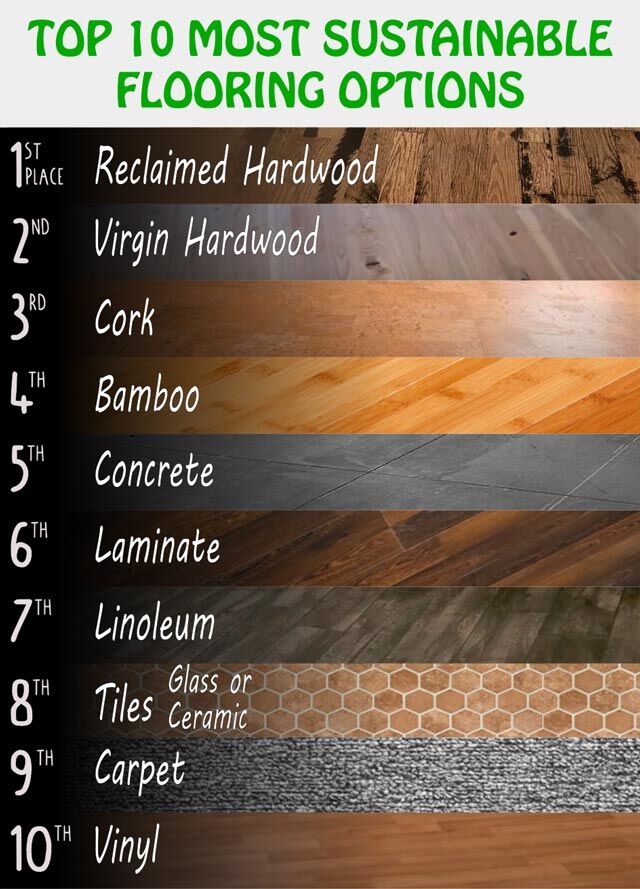When it comes to eco-friendly flooring options, cork and bamboo are two popular choices that often come to mind. Both materials offer a sustainable and renewable alternative to traditional flooring options. So, what’s the difference between cork and bamboo, and how do you decide which one is right for you?
Cork flooring is made from the bark of the cork oak tree. The bark is harvested without harming the tree, making it a sustainable choice. Cork is known for its natural sound and thermal insulation properties, making it ideal for rooms where noise reduction and warmth are priorities, such as bedrooms or living rooms. It’s also resistant to mold and mildew, making it a suitable option for bathrooms. On the other hand, bamboo flooring is made from the fast-growing bamboo grass. Bamboo is known for its durability and strength, making it a great choice for high-traffic areas like kitchens or hallways. It’s harder than most hardwoods and is resistant to moisture and insects.
To learn more about the benefits and considerations of cork and bamboo flooring, keep reading our article. We’ll delve into the pros and cons of each material and provide tips on how to choose the best flooring for your specific needs and preferences. When it comes to eco-friendly flooring options, cork and bamboo are excellent choices. Not only are they sustainable materials, but they also offer unique benefits that make them ideal for different rooms in your home. In this article, we will compare cork and bamboo flooring, highlighting their advantages, disadvantages, and factors to consider when choosing between the two.
Cork Flooring:
Cork flooring is made from the bark of cork oak trees, which regrow after harvesting, making it a renewable resource. Here are some key characteristics of cork flooring:
Durability: Cork flooring is known for its durability and ability to bounce back from dents and scratches. It can withstand heavy foot traffic and is suitable for both residential and commercial spaces.
Water Resistance: While cork is naturally resistant to moisture, it is not completely waterproof. It can handle occasional spills, but prolonged exposure to moisture can cause damage. It is essential to clean up spills promptly and use mats or rugs in areas prone to water.
Sustainability: Cork is an eco-friendly material because it is harvested without cutting down the trees. The bark grows back within a few years, ensuring a sustainable supply. Additionally, cork flooring has excellent insulation properties, which can help reduce energy consumption and maintain a comfortable temperature in your home.
Comfort and Insulation: Cork flooring is soft and comfortable underfoot, making it a great choice for areas where you spend a lot of time standing, such as the kitchen. It also acts as a natural insulator, reducing noise transmission and providing warmth.
Bamboo Flooring:
Bamboo flooring is made from the fast-growing bamboo plant, which makes it a highly renewable resource. Here are some key characteristics of bamboo flooring:
Durability: Bamboo flooring is incredibly durable, similar to hardwood floors. It can withstand the wear and tear of daily use and is suitable for high-traffic areas.
Water Resistance: Bamboo flooring is more water-resistant than hardwood but is not completely waterproof. It can handle minor spills, but excessive moisture can cause swelling and damage. Proper maintenance and quick cleanup of spills are recommended.
Sustainability: Bamboo is considered highly sustainable due to its rapid growth and ability to regenerate quickly. It is a viable alternative to hardwood, as it can be harvested within a few years compared to the decades it takes for hardwood trees to mature.
Appearance: Bamboo flooring offers a unique, natural beauty that complements various styles of interior design. It is available in different shades, ranging from light to dark, allowing you to choose the one that best suits your preferences.
Factors to Consider:
When choosing between cork and bamboo flooring, several factors should be taken into consideration:
Room-specific Requirements: Each room in your home has different demands and requirements. Consider factors such as moisture, foot traffic, and the overall function of the room when selecting your flooring.
Aesthetic Preference: Both cork and bamboo offer distinctive looks that can enhance the appearance of your space. Determine which material aligns better with your personal style and the design of your home.
Durability and Longevity: Evaluate the durability of the flooring material and its ability to withstand daily wear and tear. Consider the lifespan of the material and whether it will meet your long-term needs.
Maintenance Needs: Determine the maintenance requirements of each flooring option. Cork and bamboo both require regular cleaning and occasional resealing to maintain their beauty and durability.
Budget Constraints: Consider your budget when choosing between cork and bamboo flooring. Cork flooring tends to be slightly more expensive than bamboo, but prices can vary based on quality and other factors.
In conclusion, while cork and bamboo flooring are both eco-friendly options, they have different characteristics that make them suitable for various rooms in your home. Cork flooring offers durability, water resistance, sustainability, and comfort, making it an excellent choice for kitchens, living rooms, and bathrooms. On the other hand, bamboo flooring provides durability, water resistance, sustainability, and a unique aesthetic that works well in bedrooms and other areas. By considering the specific requirements of each room, your aesthetic preferences, and budget constraints, you can make an informed decision between cork and bamboo flooring, ultimately enhancing the beauty and functionality of your home.
